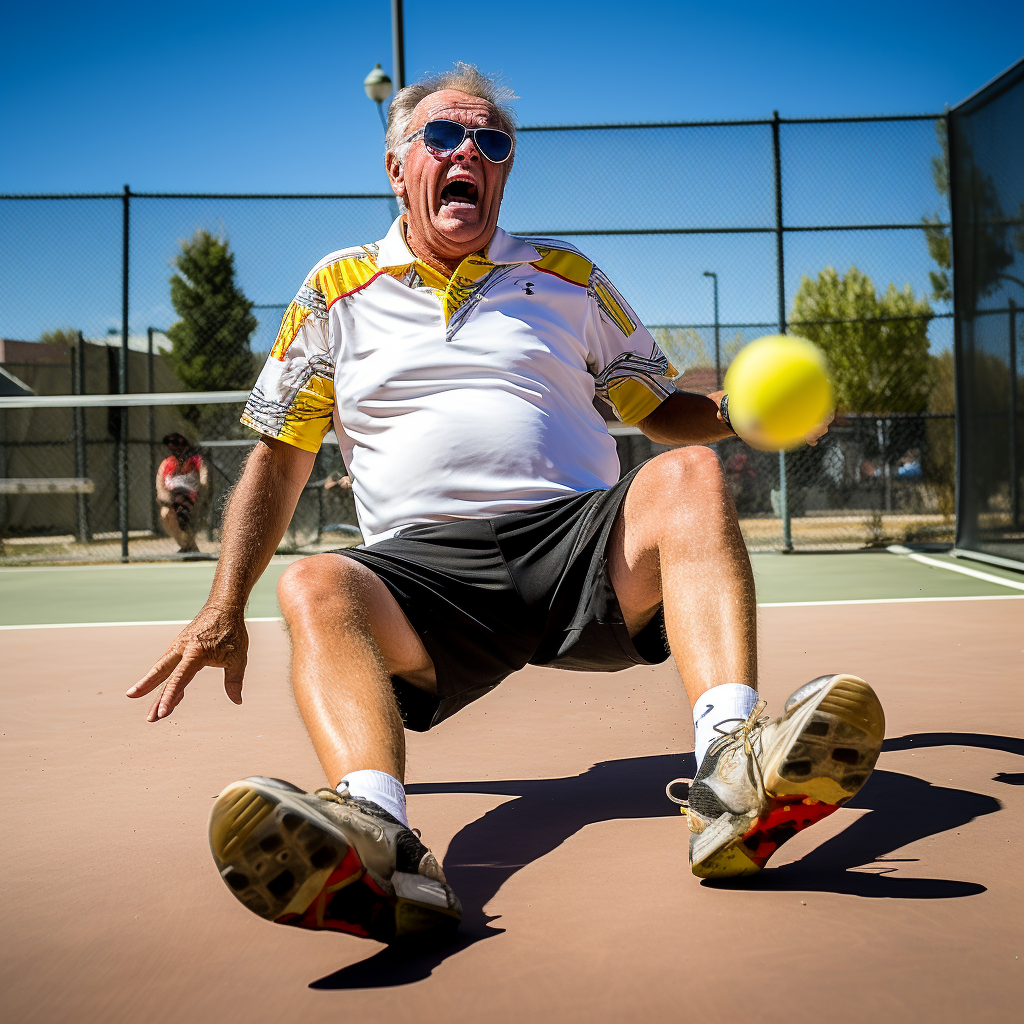Pickleball is a sport that has gained popularity in recent years, especially among older adults. It is a combination of tennis, badminton, and ping-pong, played on a small court with a paddle and a plastic ball. Many people enjoy pickleball for its social and physical benefits, as well as its supposed low-impact nature compared to other racket sports.

The most common types of pickle ball injuries are sprains, strains, and fractures, affecting mainly the wrist, lower leg, ankle, knee, and shoulder. These injuries are often caused by falls, collisions, dives, and overuse of muscles and joints. Other types of pickle ball injuries include bruises, cuts, dislocations, and concussions.
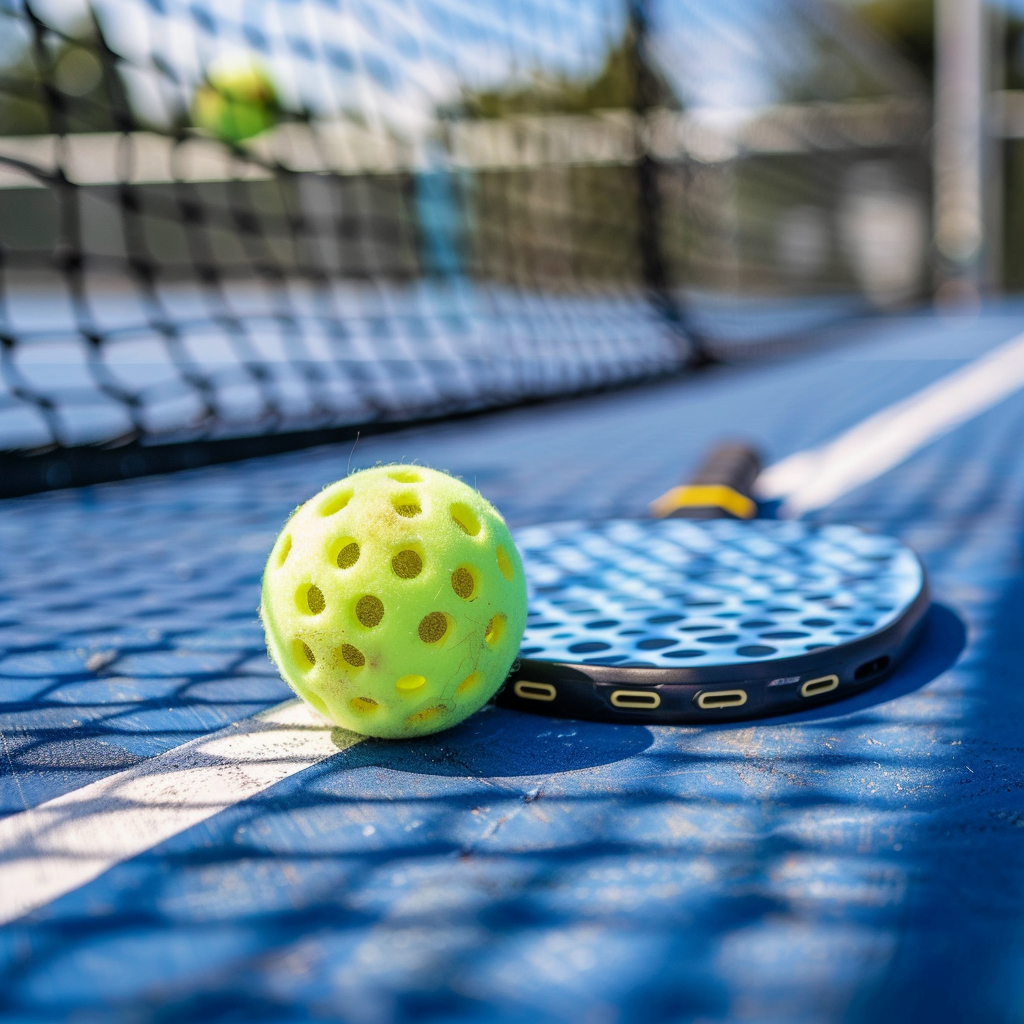
However, pickle ball is not as harmless as it may seem. The sport has been linked to a rising number of injuries, some of them serious and even fatal. According to a report by the Sports & Fitness Industry Association, pickle ball is the fastest-growing sport in America, with 8.9 million players in 2023. However, the same report also shows that pickle ball has the highest injury rate among all sports, with 2.7 injuries per 1,000 participants.
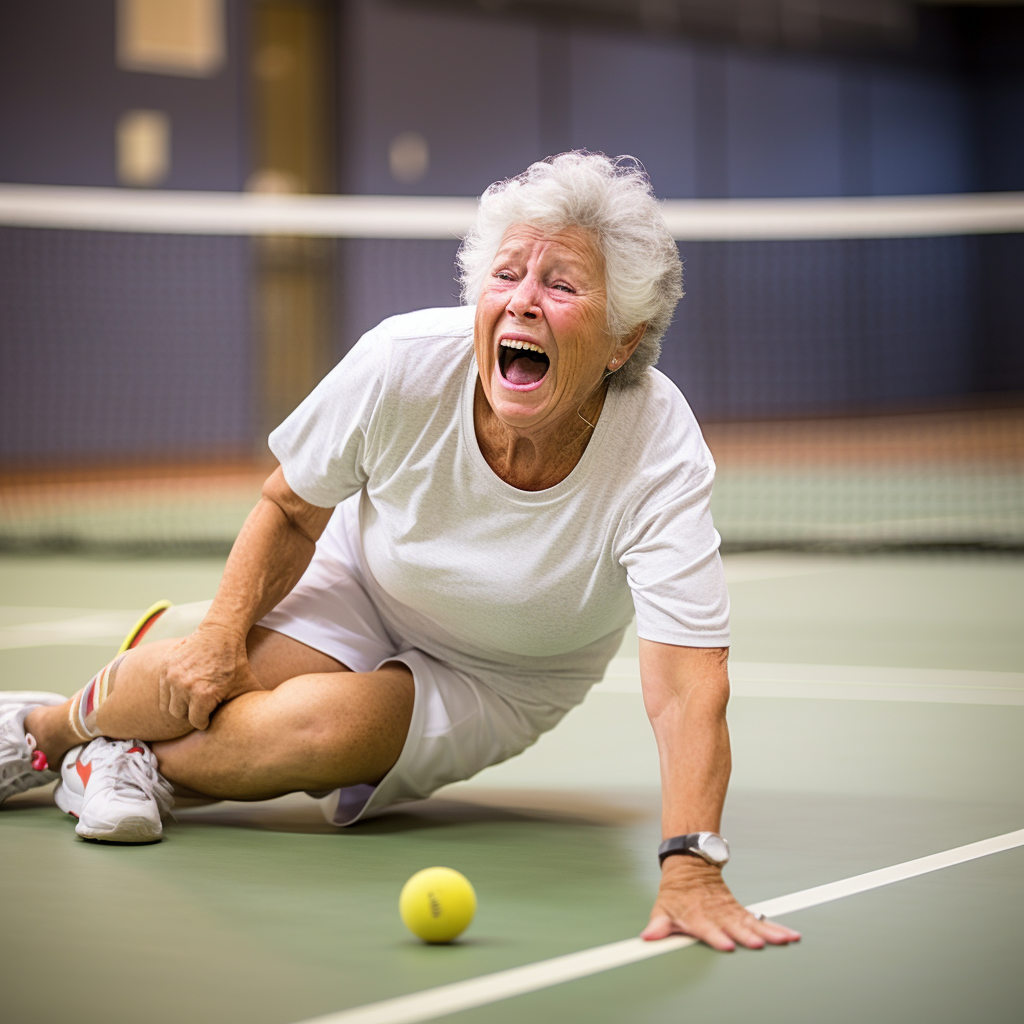
Pickle ball injuries can have serious consequences for players, especially older ones. They can result in pain, disability, reduced mobility, loss of function, and increased health care costs. According to a study by UBS analysts, pickle ball injuries cost Americans nearly $400 million in medical expenses in 2023, with seniors bearing the brunt of the burden.
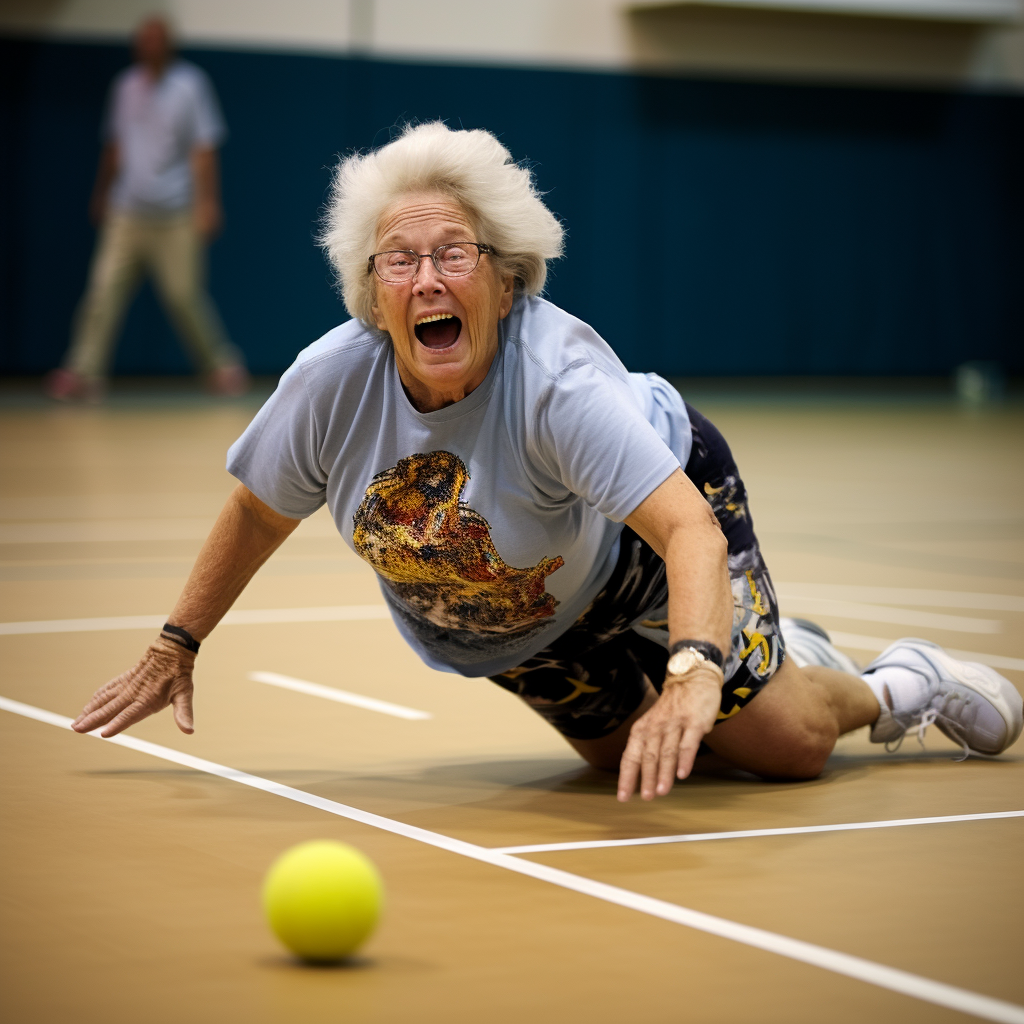
Pickle ball injuries can also be life-threatening. A study published in 2020 in The Journal of Emergency Medicine found that pickle ball-related injuries treated in emergency departments rose from 688 in 2013 to 6,072 in 2017. Among these injuries, 12 were fatal, mostly due to cardiac arrest or stroke.
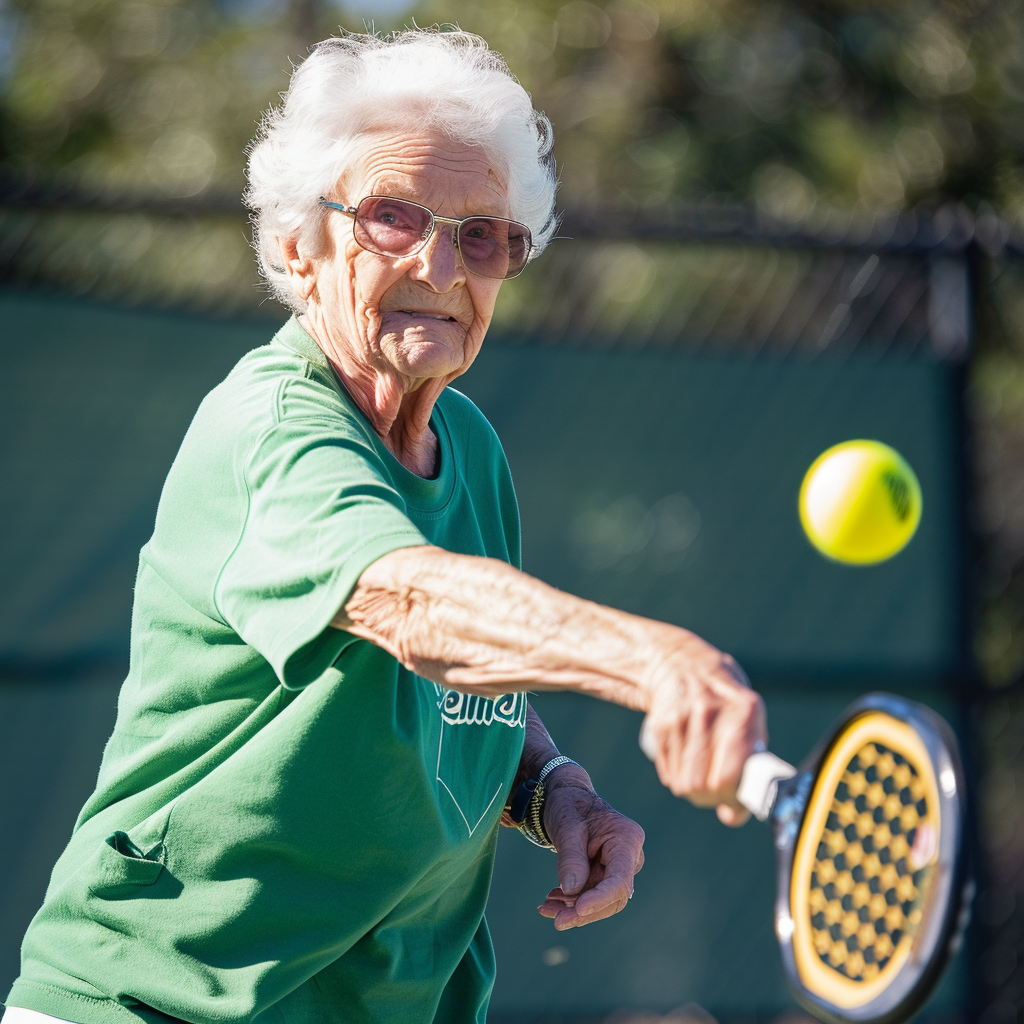
Another study published in 2021 in Injury Epidemiology estimated that there were nearly 29,000 pickle ball injuries in 2019, with 90% of them affecting people 50 or older. Among these injuries, 18 were fatal, mostly due to head trauma or internal bleeding.
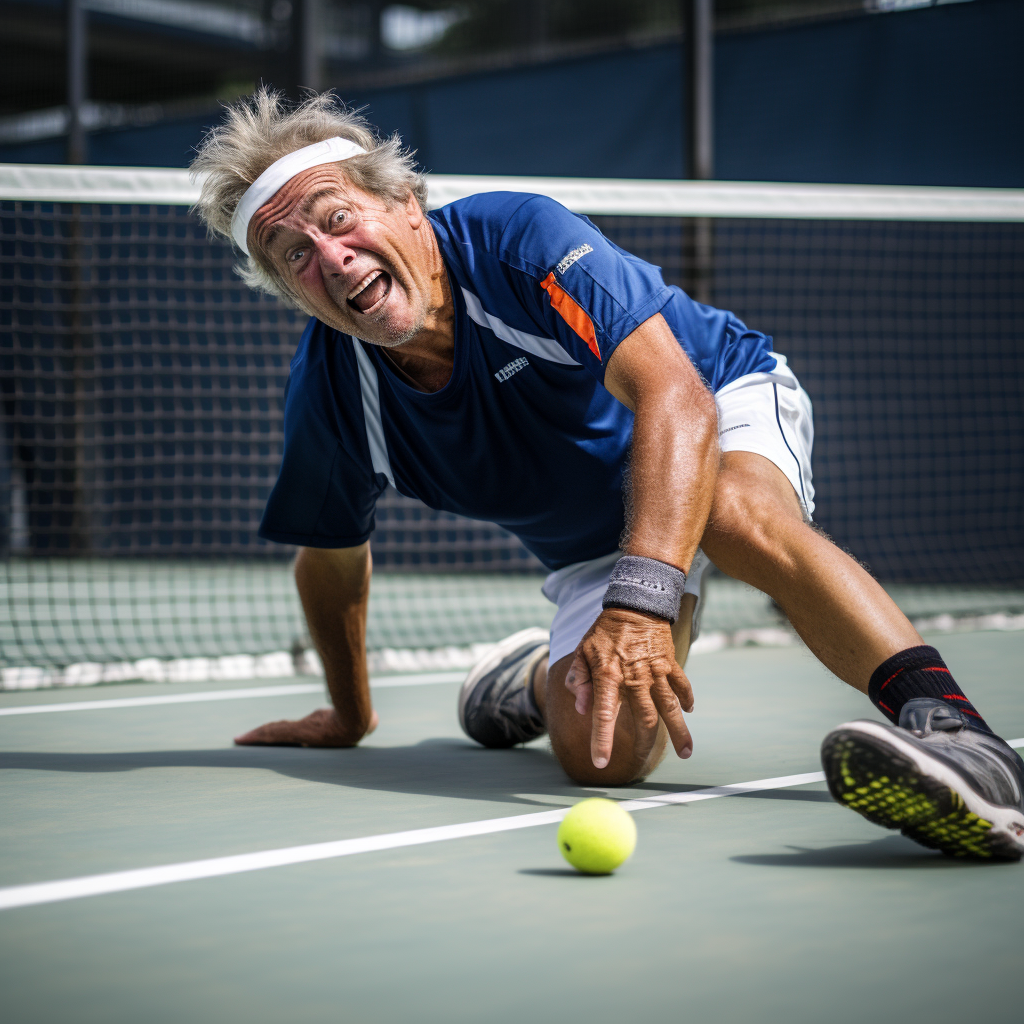
Pickleball injuries can be prevented by following some simple tips from experts:
- Start slow and know your physical limitations, such as pre-existing injuries or conditions. Consult your doctor before playing if you have any health concerns.
- Warm up for at least 5 minutes and stretch before playing. This can help prepare your body for the activity and reduce the risk of injury.
- Use proper equipment, such as a paddle that fits your hand size and grip strength, and court shoes that provide adequate cushioning, stability, and traction. Wear protective gear, such as goggles, gloves, and knee pads, if needed.
- Practice with a purpose and avoid overdoing it. Rather than playing for hours on end, limit your sessions to a reasonable duration and intensity. Take breaks and rest when you need them. Drink plenty of water and stay hydrated.
- Learn and follow the proper mechanics and techniques of the sport, such as how to hold the paddle, swing, serve, volley, and dink. This can help you avoid unnecessary stress and strain on your body and improve your performance. Seek professional coaching or guidance if needed.
- Cool down and stretch after playing. This can help your body recover and prevent stiffness and soreness.
- Seek medical attention if you experience any signs or symptoms of injury, such as pain, swelling, bruising, numbness, tingling, or difficulty moving. Do not ignore or play through the pain, as this can worsen the injury and delay the healing process.
Pickleball is a fun and exciting sport that can offer many benefits, such as exercise, mental acuity, social connection, and purpose. However, it can also pose some risks, such as injuries, that can affect your health and well-being. By following the above tips, you can prevent pickleball injuries and enjoy the sport safely and responsibly.

